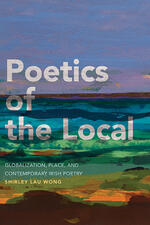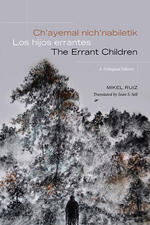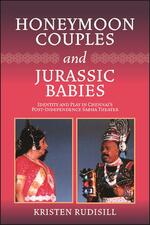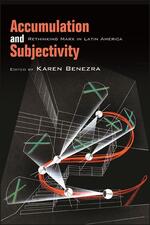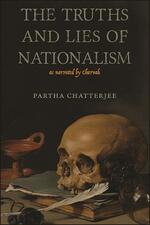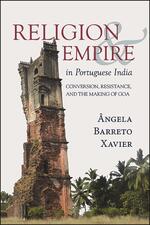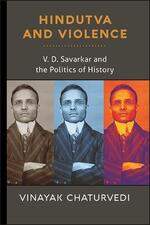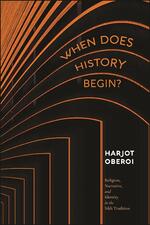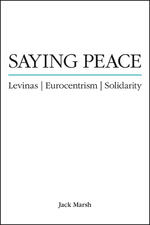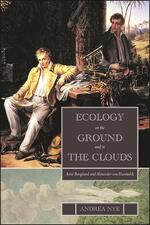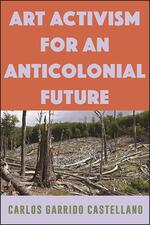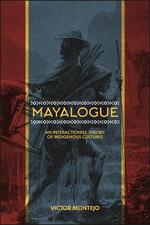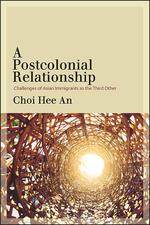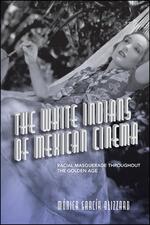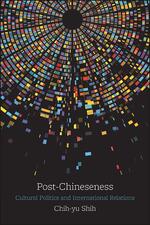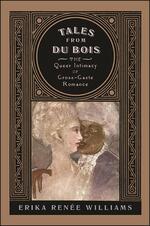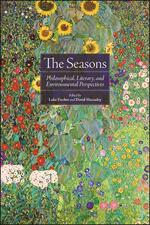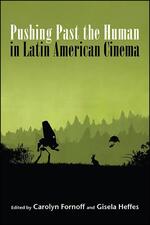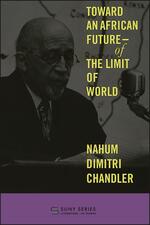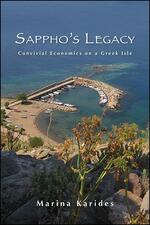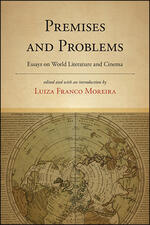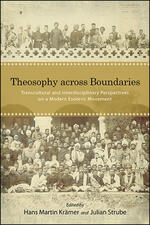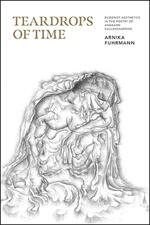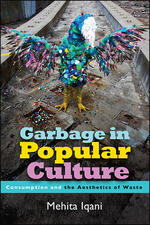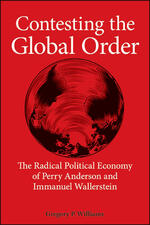Postcolonial Studies
Poetics of the Local
Considers how Irish poets have drawn on discourses of locality to articulate new forms of place and belonging amid Ireland’s transforming global identity.
Ch’ayemal nich’nabiletik / Los hijos errantes / The Errant Children
A bold and unflinching portrayal of contemporary Maya life in Chiapas, Mexico.
Honeymoon Couples and Jurassic Babies
Contextualizes Sabha Theatre historically, politically, and aesthetically, revealing how it expresses a Tamil Brahmin identity that is at once traditional and modern.
Accumulation and Subjectivity
Reconsiders key concepts in Marxist thought by examining the relationship between accumulation and subjectivity in Latin American narrative, film, and social and political theory.
The Truths and Lies of Nationalism as Narrated by Charvak
Rejects Hindu nationalism and pluralist secularism in favor of a revitalized politics of Indian federalism.
Religion and Empire in Portuguese India
Examines the colonization of Goa in the sixteenth and seventeenth centuries and the durability of Portuguese rule.
Hindutva and Violence
Examines the place of history in the political thought of Vinayak Damodar Savarkar, one of the key architects of modern Hindu nationalism.
When Does History Begin?
Documents how the premodern techniques of narrating the past in South Asia were deeply transformed by colonial modernity, resulting in newer forms of truth-telling within the Sikh community.
Saying Peace
Offers an immanent critique of Levinas’s core philosophical proposals by reference to his allegedly eurocentric statements.
Ecology on the Ground and in the Clouds
Follows Alexander von Humboldt and Aimé Bonpland as they travel together in South America and then go their separate ways, in the process illustrating two very different ways of understanding humanity's place in the natural world.
Art Activism for an Anticolonial Future
Analyzes socially engaged art practices worldwide, linking them to decolonial struggle and critique.
Mayalogue
Offers a strong critique of traditional anthropological studies from an Indigenous and postcolonial perspective.
A Postcolonial Relationship
Offers an Asian immigrant perspective on US racial relations and explores the unique situations and challenges facing Asian immigrants in the United States.
The White Indians of Mexican Cinema
Examines the filmic representation of Whiteness as Indigeneity and its role in mediating racial politics in Mexico.
Post-Chineseness
Analyzes international and cultural relationships informed by "China," a category that is becoming ever more indispensable and yet unstable in everyday narratives.
Tales from Du Bois
Offers a new framework for understanding Du Bois's poetics and politics, including the concept of double consciousness, by tracing the trope of the cross-caste romance across his fiction.
The Seasons
Pioneering essays that demonstrate the significance of the seasons for philosophy, environmental thought, anthropology, cultural studies, aesthetics, poetics, and literary criticism.
Pushing Past the Human in Latin American Cinema
Sheds light on emergent Latin America cinema that addresses the politics of environmental destruction, the unevenness of climate change consequences, and new ways of visualizing the world beyond the human.
Toward an African Future—Of the Limit of World
Examines the thought of W. E. B. Du Bois, with attention to its potential for reorienting present-day critical theory and political philosophy.
Sappho's Legacy
Examines women’s food cooperatives and local dining venues on the Greek island of Lesvos and how tourism, gender, and sexualities inform the creation of these alternative economies.
Premises and Problems
Discusses world literature and cinema from the perspective of literary languages and film traditions that do not hold a hegemonic position.
Theosophy across Boundaries
Offers a new approach to Theosophy that takes into account its global dimensions and its interaction with highly diverse cultural contexts.
Teardrops of Time
Investigates how the Thai poet Angkarn Kallayanapong adapts Buddhist concepts of time to create a modern Asian aesthetic imaginary.
Garbage in Popular Culture
Explores the cultural politics of garbage in contemporary global society.
Contesting the Global Order
Examines how events in the Cold War and post–Cold War periods shaped the intellectual projects of Perry Anderson and Immanuel Wallerstein.
